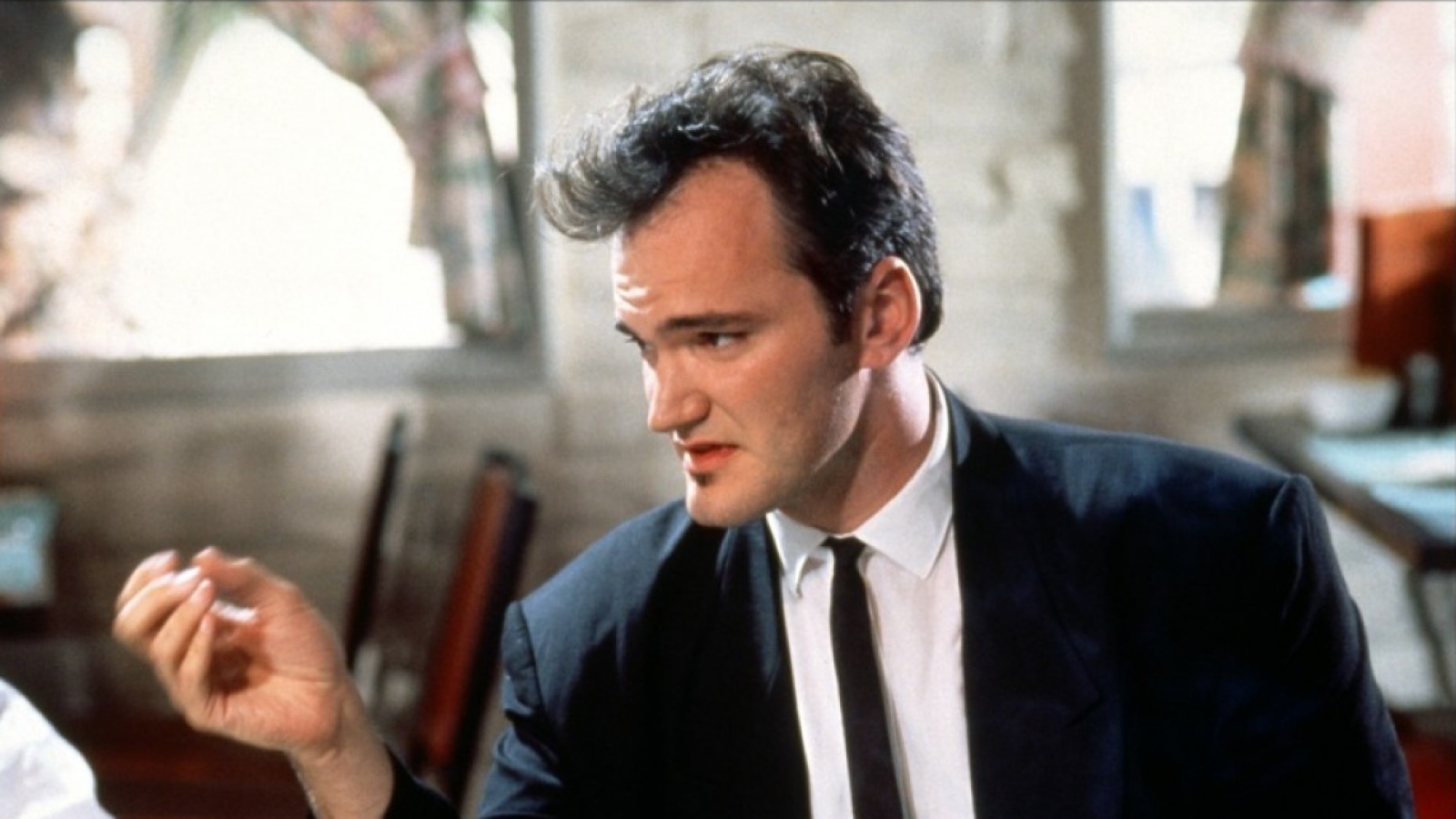The world of cinema has been graced by numerous directors whose debut films set a high bar for future successes. These initial offerings not only introduced unique storytelling styles but also often changed the landscape of filmmaking. A look back at these remarkable films reveals how they paved the way for directors to become influential figures in the industry.
Trailblazing Debuts of Iconic Filmmakers
Julie Dash made history with her debut, Daughters of the Dust, which became the first feature directed by an African American woman to receive a general release in the United States. Released in 1991, the film’s exploration of Gullah culture and identity, despite its challenging nonlinear narrative and heavy dialect, resonated deeply with audiences willing to engage with its lyrical storytelling.
Similarly, Spike Lee burst onto the scene with She’s Gotta Have It in 1986. This film not only showcased Lee’s exceptional vision and directorial prowess but also opened doors for African-American representation in cinema. The film’s impressive box office performance for a low-budget project solidified Lee’s position as a filmmaker to watch.
Steve McQueen demonstrated his emotional depth with his feature debut, Hunger, in 2008. The film, which featured a harrowing performance by Michael Fassbender as Bobby Sands during a hunger strike, is noted for its technical brilliance, particularly a gripping 17-minute long take. McQueen’s ability to convey powerful narratives became evident early in his career.
In 1994, Kevin Smith established his voice with Clerks, a film that encapsulated the slacker generation’s ethos. The film introduced the beloved characters Jay and Silent Bob, and its authenticity and humor resonated with audiences, leading to a successful franchise that continues to thrive today.
Influential Films That Defined Genres
Charles Laughton directed only one film, but The Night of the Hunter remains a haunting classic. Released in 1955, the film is characterized by its atmospheric tension and a chilling performance by Robert Mitchum. This Southern Gothic masterpiece has left an indelible mark on the thriller genre.
With This Is Spinal Tap (1984), Rob Reiner revolutionized the mockumentary form. The film cleverly satirizes the music industry while providing a humorous yet insightful take on the lives of fictional rock stars, further establishing Reiner as a prominent director.
Clint Eastwood made a significant impact with his directorial debut, Play Misty For Me, in 1971. Blending suspense and obsession, Eastwood’s performance, alongside co-star Jessica Walter, set the tone for his future directorial endeavors.
Another remarkable debut came from Sidney Lumet, whose film 12 Angry Men (1957) is a powerful exploration of justice and morality. The film’s intense courtroom drama and character-driven narrative highlight Lumet’s talent for human storytelling, earning it a place as a classic in American cinema.
The influence of George Romero cannot be overstated, particularly with his groundbreaking film Night of the Living Dead, released in 1968. This film not only defined the zombie genre but also served as a commentary on societal issues of the time, reflecting the anxieties of the late 1960s.
As the cinematic landscape evolves, new talents emerge. Celine Song showcased her ability to craft emotionally resonant narratives with her debut film Past Lives, which tells a poignant story of friendship and love over time. Released in 2023, the film has been praised for its delicate storytelling and depth of character.
Among the most acclaimed debuts is Orson Welles’ Citizen Kane, released in 1941. This film is often hailed as one of the greatest of all time, exploring themes of fame and power with revolutionary filmmaking techniques. Welles’s unique vision set a high standard that many directors aspire to emulate.
In recent years, Dev Patel made his directorial debut with Monkey Man, a gripping tale of vengeance that showcases his versatility as both an actor and filmmaker. The film’s kinetic editing and compelling narrative have captivated audiences, indicating a bright future for Patel as a director.
As cinema continues to evolve, these debut films serve as a reminder of the creative potential that exists at the outset of a filmmaker’s career. They not only entertain but also challenge audiences and redefine genres, solidifying these directors’ places in the pantheon of great cinema.







